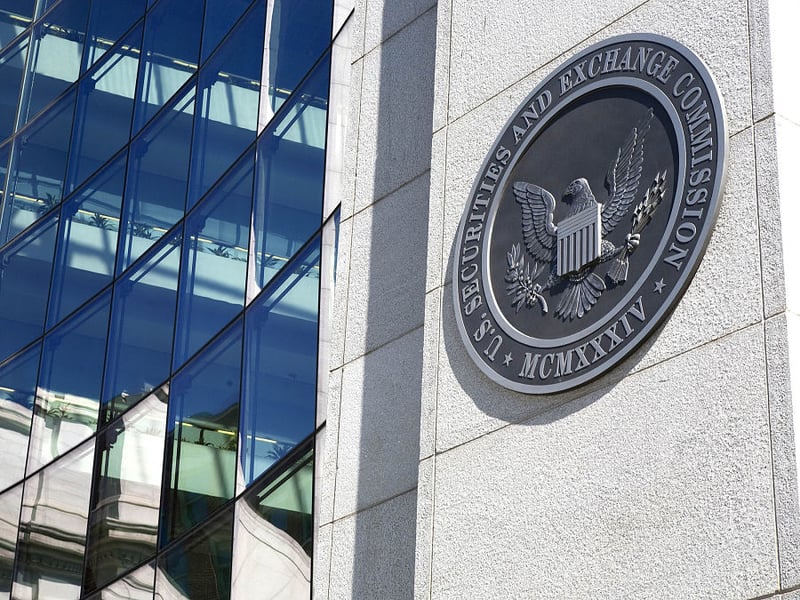The Securities and Exchange Commission
voted Friday to amend its rules to require broker-dealers to give clients more information about how they handle trade orders. The changes are designed to help investors understand how their B-D routes their order and how that affects order execution quality.
The SEC is amending Rule 606 of Regulation National Market System to require that when brokers are handling an order in which the client has given them discretion on the order's price and timing, the broker must provide the client with information that includes the average fees they pay the trading venue and the average rebates they receive from the trading venue.
(More: Schwab, Fidelity, other brokers releasing more information on stock trades, but critics say it doesn't help much)
"In the 18 years since the commission originally adopted its order handling and routing disclosure rules, technology and innovation have driven significant changes in the way that our equities market functions and investors transact," SEC chairman Jay Clayton said in a statement. "This rule amendment will make it easier for investors to evaluate how their brokers handle their orders and ultimately make more informed choices about the brokers with whom they do business."
(More: CAT implementation uncertainty gives broker-dealers strategic options)
There are two exceptions to the disclosure requirement that are designed to limit the costs of its implementation, especially for smaller broker-dealers.
The alterations to the rule also mandate changes to broker-dealers' quarterly reports, requiring them to report the terms of any arrangements for payments for order flows and any profit-sharing relationships.







